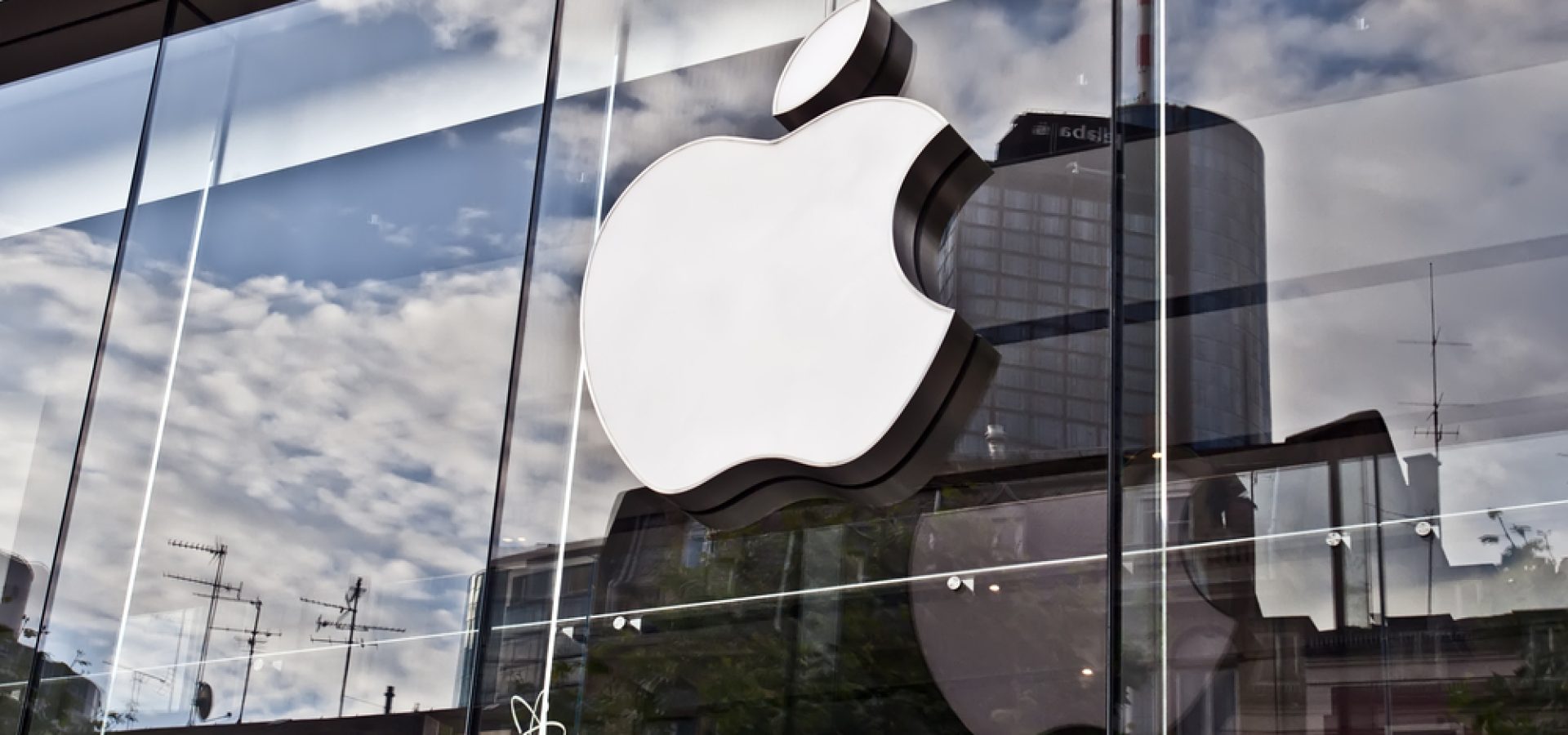On Friday, reports revealed that Apple Inc. had started widespread internal testing of new Mac models with M2 chips.
The iPhone maker currently examines nine Mac models with the next-generation chips with third-party apps in its App Store.
The firm will also check a Mac mini with an M1 Pro chip. The processor uses the same unit in the entry-level 14-inch and 16-inch MacBook Pros. Additionally, the company will test an M1 Max version of the Mac mini.
This tryout is a part of the company’s push to make more powerful computers using homegrown processors.
The M2 chip is Apple’s latest attempt to boost the boundaries of computer processing after a split with Intel Corp. The tech giant has gradually replaced Intel chips with its own silicon. Consequently, it now looks to make further gains with a more advanced line.
After years of dampened growth, the Mac computer division saw a resurgence in the past two years. The segment highly benefited from the shift to work-from-home as workers purchased new equipment.
Accordingly, the business generated $35.20 billion in sales in the past fiscal year, representing 10.00% of Apple’s total profit.
Meanwhile, analysts mentioned that shipments of the firm’s products would likely face delays if China’s COVID-19 lockdowns persist. The strict curbs force assemblers to shut down and closed-loop arrangements get harder to maintain.
This week, Apple supplier Pegatron Corp suspended its plants in Shanghai and Kunshan. The facilities produce the iPhone 13, SE series, and other legacy models.
Likewise, Quanta Computer, which manufactures three-quarters of Macbooks globally, also shut its operations.
Correspondingly, the final impact on the business’ supply chain is uncertain, depending on how long lockdowns persist.
Apple, Dell, Lenovo to face delays
Moreover, experts anticipated Pegatron to fall behind 6.00 million to 10.00 million iPhone units if the health measures last two months.
Meanwhile, Unimicron Technology, a supplier for Apple, only noted a minor conflict due to the strict restrictions. It said it could rely on other Hubei provinces and Taiwan plants to support production.
However, logistics and transport remain a nationwide issue as cities across China enact measures.
Laptop makers may also suffer, including Compal Electronics, PCs makers for Dell and Lenovo from its plants in Kunshan.
Consequently, Huawei Technologies and Xpeng Inc. have flagged huge economic costs if factories in Shanghai cannot resume production soon.
The Chinese city now approaches its third week of closure and has shown no sign of a wide re-opening.









COMMENTS